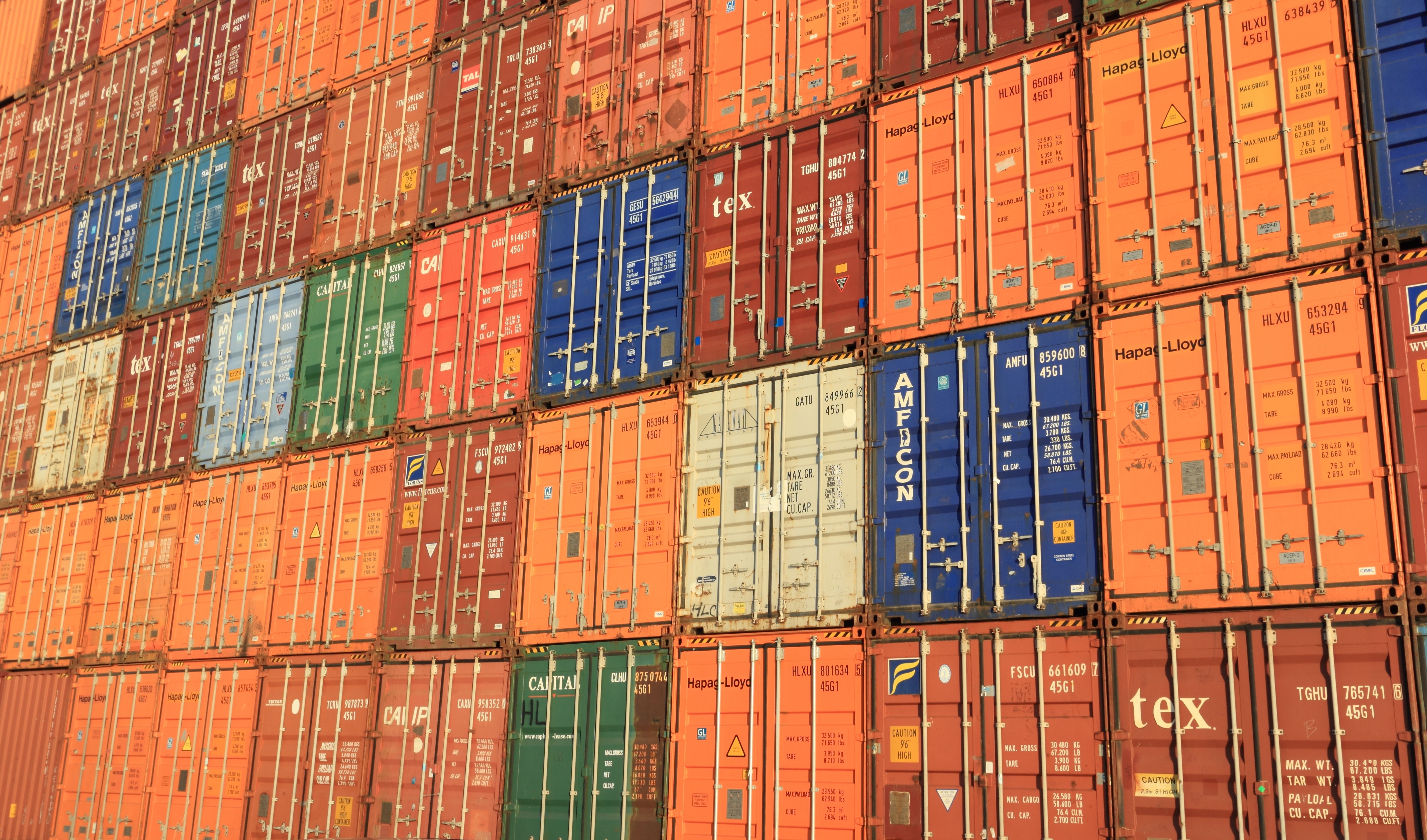EC Petition Counseling
Petition Counseling
What is Dumping? Dumping occurs when a foreign producer sells a product in the United States at a price that is below that producer’s sales price in the country of origin (“home market”), or at a price that is lower than the cost of production. The difference between the price (or cost) in the foreign market and the price in the U.S. market is called the dumping margin. Unless the conduct falls within the legal definition of dumping as specified in U.S. law, a foreign producer selling imports at prices below those of American products is not necessarily dumping.
What is a Countervailable Subsidy? Foreign governments subsidize industries when they provide financial assistance to benefit the production, manufacture or exportation of goods. Subsidies can take many forms, such as direct cash payments, credits against taxes, and loans at terms that do not reflect market conditions. The statute and regulations establish standards for determining when an unfair subsidy has been conferred. The amount of subsidies the foreign producer receives from the government is the basis for the subsidy rate by which the subsidy is offset, or “countervailed,” through higher import duties.
How can we help? The AD/CVD petition counseling office offers a variety of services and resources to help U.S. industries and their workers level the playing field by taking action against unfair trade practices.
We help potential petitioners:
• Understand the U.S. unfair trade laws dealing with dumping and unfair foreign government subsidies;
• Determine what information will be required to file a petition that requests an investigation into the unfairly traded imports;
• Ensure draft petitions are in compliance with initiation requirements; and
• Obtain publicly available data and information.
202.482.1255
petition.counseling@trade.gov
